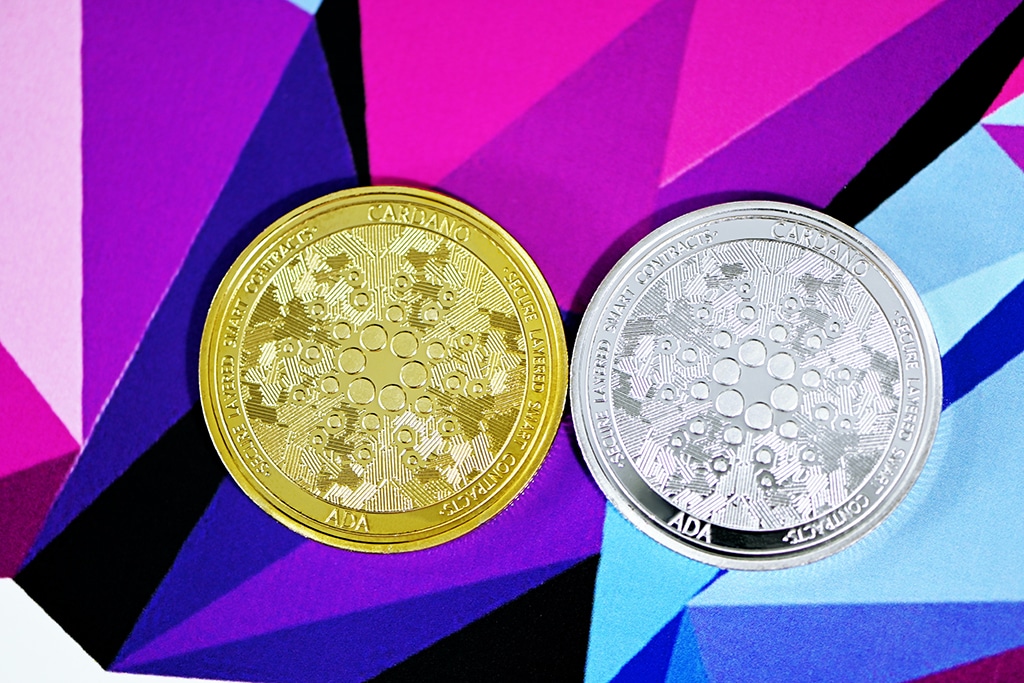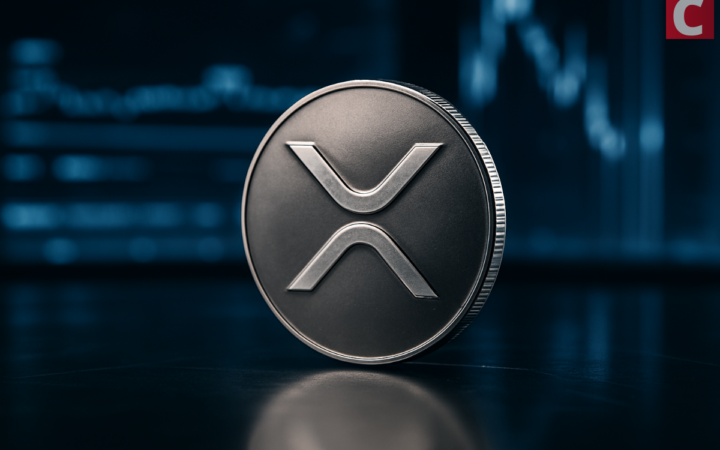
An experienced writer with practical experience in the fintech industry. When not writing, he spends his time reading, researching or teaching.
The Alonzo fork is a change to the existing protocol using Haskell, the functional programming language. It allows the development, and execution of smart contracts on Cardano using Plutus scripts.

The blockchain platform Cardano (ADA) launched its smart contract functionality after it had completed its Alonzo hard fork. The firm announced this success in a tweet on Sunday, August 12.
"The Alonzo upgrade will bring highly anticipated capabilities to Cardano… this is where the mission truly begins as we – the whole community – start delivering on the vision we have all been working towards for so long."#Cardano #CardanoCommunityhttps://t.co/hb82U2OMyq
— Cardano Foundation (@Cardano_CF) September 12, 2021
It stated that with the successful completion of an upgrade at epoch 290, it will now be possible to create and execute smart contracts on the public blockchain. However, the company noted that the project is still in its nascent stage as there was still more work to be done.
“This is where the mission truly begins as we – the whole community – start delivering on the vision we have all been working towards for so long.” The company noted. The firm further asserted that the goal was to build a “decentralized system that extends economic identity and opportunity to everyone, everywhere.”
The Alonzo fork is a change to the existing protocol using Haskell, the functional programming language. It allows the development, and execution of smart contracts on Cardano using Plutus scripts. The development team went further to encourage the user community to manage their expectations appropriately.
They stated that “there are high expectations resting on this upgrade. Some unreasonably so. Cardano watchers may be expecting a sophisticated ecosystem of consumer-ready DApps available immediately after the upgrade. Expectations need to be managed here.” Cardano is an open-source blockchain platform.
The project was established by Ethereum co-founder Charles Hoskinson and the protocol was developed by his research firm IOHK. As a third-generation blockchain (after Ethereum and Bitcoin), it promised to rival Ethereum’s dominance in hosting decentralized finance (DeFi) and Web3 applications. Unfortunately, since its launch in September 2017, it has not delivered on that promise. This has led to criticisms particularly about its lack of smart contract functionality.
Again, criticisms were hurled at the company when the first DApp that launched on its test net failed concurrent transaction processing earlier in September.
In responding to these criticisms, Cardano asserted that DApps developed on the protocol are not restricted to one transaction per block. There were also preliminary rumors of the platform’s planned upgrade. This forced a spike in the price of the protocol’s native token, ADA driving it up.
ADA’s price rose from $1.06 in July to about $2.30 on September 3. At the time of writing, the price was currently hovering at $2.36 according to CoinMarketCap. Compared to the price in January, this is a 1600% increase
Disclaimer: Coinspeaker is committed to providing unbiased and transparent reporting. This article aims to deliver accurate and timely information but should not be taken as financial or investment advice. Since market conditions can change rapidly, we encourage you to verify information on your own and consult with a professional before making any decisions based on this content.

An experienced writer with practical experience in the fintech industry. When not writing, he spends his time reading, researching or teaching.




